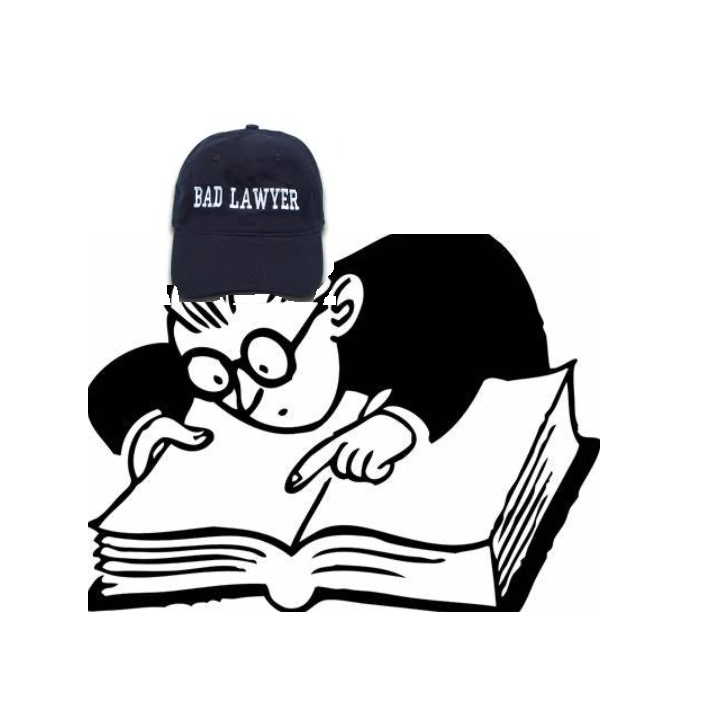Stewart v Stewart, 1984 SLT 58
Citation: Stewart v Stewart, 1984 SLT 58
Rule of thumb: If a law firm runs a case which loses, can the law firm be made liable for expenses incurred by the other party? The general position is that the law firm is not liable for the expenses, and the client has to pay these, but if the Court deems that the case had no reasonable prospect of success then it can be argued that the law firm is liable for these.
Judgment:
Where a solicitor pursues or defends a claim that they know is hopeless, then they are liable for the expenses of running this rather than their client, ‘It has long been recognised that for certain breaches of duty, such as failing to attend Court, a solicitor may be found personally liable in expenses. In my opinion, it is equally a breach of duty if a solicitor improperly uses the procedure of the Court to delay the achievement of a result to which a litigant is entitled. When a pursuer asserts a claim by serving summons or initial writ, he is entitled to the remedy he seeks unless his opponent can show some ground in law or fact why this should not be granted. If no appearance is entered, the pursuer is entitled to decree in absence. If appearance is entered and defences are lodged, the pleadings have to be adjusted and the facts ascertained, and it may be months or years before the remedy is achieved. But this delay is not something to which a defender is entitled in order that he may postpone the discharge of his obligations. It arises solely because the time is required to ascertain the truth if there is a genuine dispute about the facts or the law. It seems to me to follow that if a defender who has no defence either in fact or in law uses the procedures not to establish his right but to delay the enforcement of a right which is undeniable, he is guilty of an abuse of process and, if he is a solicitor, ought to pay what his conduct has cost the other party to the litigation... (It matters not that) he may have honestly believed that there was a defence. A professionally qualified solicitor is in my view required to do more than abstain from dishonesty. It is his positive duty, in the words of Lord Atkin in Myers v Elman, ‘to conduct litigation... with due propriety’. I do not intend to suggest that a solicitor acts improperly in all cases by entering appearance and stating a defence which may turn out to be unsubstantial. It may be perfectly proper, if there is initial doubt about the facts or the law, to put in skeleton defences to preserve the position while investigations are made. But as soon as the facts and the law are elucidated, and it appears that there is no defence to the action, the defence should be withdrawn and decree allowed to pass. It is my opinion improper to allow the defence to stand until the action reaches the head of the queue of cases awaiting disposal, and the to consent to decree. That is to use the intervening time not for the necessary purpose of determining disputed issues of fact or law, but for the improper purpose of delaying the enforcement of a right about which there is no longer any dispute’, Sheriff Ireland

Warning: This is not professional legal advice. This is not professional legal education advice. Please obtain professional guidance before embarking on any legal course of action. This is just an interpretation of a Judgment by persons of legal insight & varying levels of legal specialism, experience & expertise. Please read the Judgment yourself and form your own interpretation of it with professional assistance.

